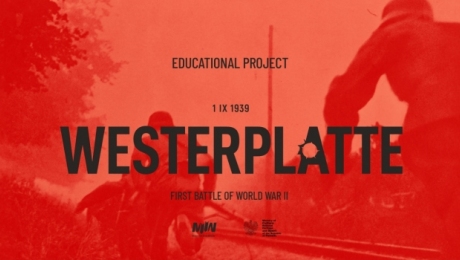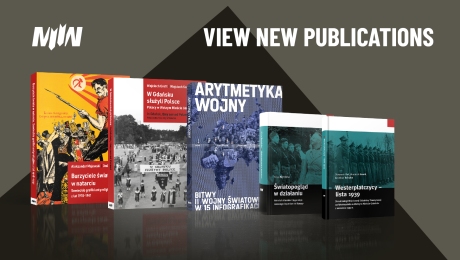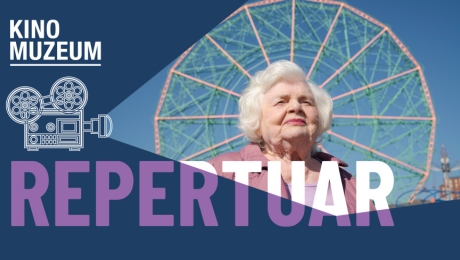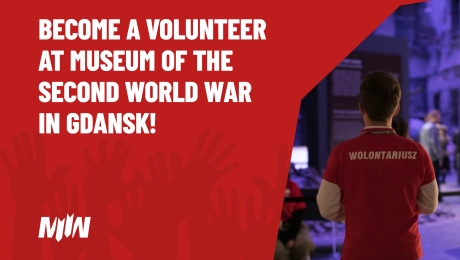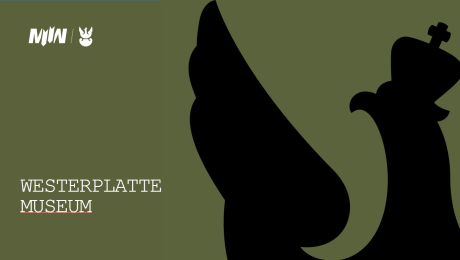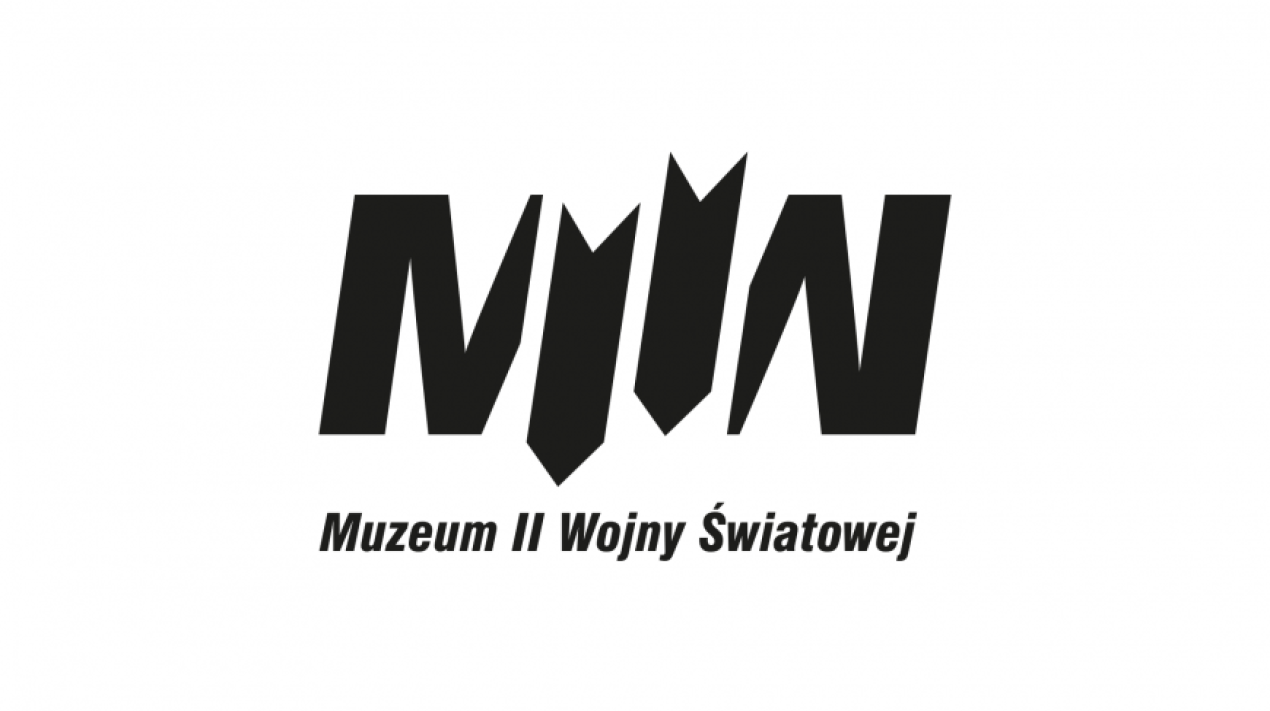The signing of the Foundation Act of the Museum of the Second World War in Gdańsk
Prime Minister Tusk opened the outdoor exhibition “Westerplatte: A spa – a bastion – a symbol”, which had been created by the Museum of the Second World War. The prime minister then signed the Museum’s Foundation Act.
On 1 September 2009 r. at 4.45 a.m., the Polish commemoration of the 70th anniversary of the outbreak of the Second World War began at the foot of the monument to the Defenders of the Coast at Westerplatte. Taking part were state and government officials, including President Lech Kaczyński and Prime Minister Donald Tusk. Participants included one of the last surviving defenders of Westerplatte, 94-year-old Capt. Ignacy Skowron, who gave a timely speech entitled “We want no more war!” Next, the participants walked to the ruins of the barracks of the Military Transit Depot, across from which lies the wartime section of the exhibition devoted to the history of Westerplatte.
Here, the Museum’s director, Paweł Machcewicz, served as host and welcomed the guests. Next, Prime Minister Tusk opened the outdoor exhibition “Westerplatte: Spa – Bastion – Symbol”, which had been created by the Museum of the Second World War. The prime minister then signed the Museum’s Foundation Act, which contains these words:
"It is our intention that the Museum of the Second World War, which was initiated by Poland, a country particularly touched by pain inflicted by two totalitarian regimes, should become a joint endeavour of many nations. Our cooperation will help us to understand each other’s past and present and contribute to a rapprochement of historic memory in the societies that were torn apart for decades as a consequence of the Second World War. It was only the collapse of the Iron Curtain in 1989 that for many Europeans became the hallmark of the real end of the War, which began here 70 years ago.”
Tusk added: "Regardless of the crisis, we will find the energy, ability and means to create this Museum. Precisely because today we understand even better than we did yesterday that Poland, and Europe, needs this type of institution.”






